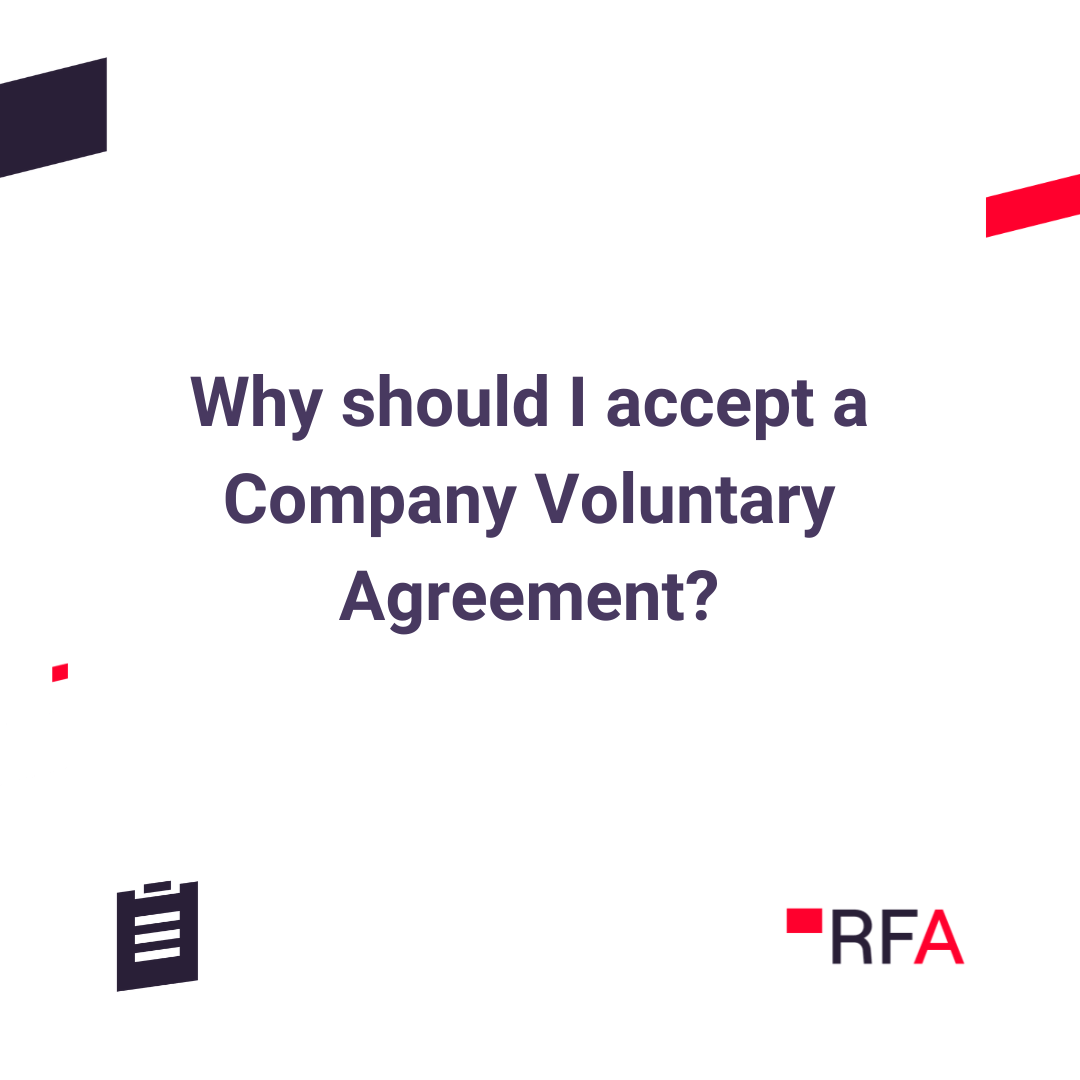Recognizing the Process and Implications of Compulsory Strike Off Under Business Law
In the world of business legislation, the procedure and ramifications of mandatory strike off hold significant weight for services and their supervisors. Comprehending the details of why business encounter such an end result, the careful actions involved in the strike off process, and the far-ranging effects for all parties involved is important in browsing the facility landscape of business administration. As we explore the reasons behind mandatory strike offs, the taking place treatments, and the succeeding effects, a clearer photo emerges of the extensive influence it can have on entities and individuals alike.
Reasons for Compulsory Strike Off
Mandatory strike off under company law is initiated by the governing authorities for certain factors associated to non-compliance or functional abnormalities. The main reason for a company to face obligatory strike off is the failure to submit annual returns or financial declarations for an extensive duration. This non-compliance suggests a lack of transparency and adherence to governing needs, increasing issues about the company's financial health and accountability.

Process of Strike Off
Provided the regulatory authority's initiation of compulsory strike off for different reasons, comprehending the procedure of strike off is important for firms encountering possible dissolution under company law. The procedure commonly starts with the regulatory authority sending out notices to the business's registered office address, educating them of the approaching strike off. It is important for the firm to address any superior problems, such as filing past due papers or working out exceptional costs, within the defined timeframe to stay clear of dissolution.

Ramifications for Business
What are the ramifications for companies facing obligatory strike off under company regulation? Companies dealing with obligatory strike off may run into several substantial effects. First of all, the firm ceases to legally exist, causing the loss of its business condition and the accompanying defenses and benefits. This can bring about the failure to get in right into contracts, conduct service, or seek lawsuits in the business's name.
Furthermore, the business's properties at the time of strike off come to be building of the state, which can lead to financial losses for shareholders and lenders. Investors might shed their financial investments, while lenders may have a hard time to recuperate any kind of arrearages owed to them by the struck-off company.
In addition, supervisors of the company may face disqualification from holding comparable settings in other companies for a specific duration (first gazette notice for compulsory strike-off). This can tarnish their professional track record and limit their future service opportunities
Consequences for Supervisors
Facing required strike off under business regulation can have serious ramifications for supervisors, impacting their future functions in other firms and possibly tarnishing their specialist standing. Directors of a firm encountering required strike off might find it challenging to protect directorial positions in various other business in the future. This is because the strike off shows a failure to follow legal go right here responsibilities, raising problems about the supervisor's ability to meet their responsibilities effectively. The tarnished professional reputation resulting from a mandatory strike off can lead to a loss of depend on from service clients, stakeholders, and companions. Directors may also face personal financial liabilities if they are found to have actually acted negligently or fraudulently, leading to prospective lawsuits versus them. Generally, the repercussions of obligatory strike off for directors expand beyond the specific firm concerned, impacting their career prospects and specialist reliability in the long-term.
Preventing Compulsory Strike Off

Conclusion
To conclude, recognizing the process and ramifications of compulsory strike off under business regulation is vital for directors and business to make certain compliance with policies. By recognizing the factors for strike off, the process included, and the repercussions for all events involved, companies can take steps to stay clear of undergoing compulsory strike off. It is essential for supervisors to be proactive in maintaining appropriate documents and conference statutory responsibilities to stop the threat of strike off.
Provided the regulative authority's initiation of compulsory strike off for different reasons, comprehending the process of strike off is critical for companies dealing with possible dissolution under company regulation.What are the implications for companies dealing with mandatory strike off under firm legislation?Facing obligatory strike off under business legislation can have serious implications for supervisors, impacting their future functions in various other companies and potentially staining their specialist standing. Supervisors of a business facing mandatory strike off may locate it next testing to protect directorial positions in other firms in the future.In final thought, comprehending the procedure and implications of compulsory strike off under firm regulation is important for directors and firms to make sure conformity with policies.
Comments on “Key Considerations Regarding Compulsory Strike Off and the First Gazette Notice”